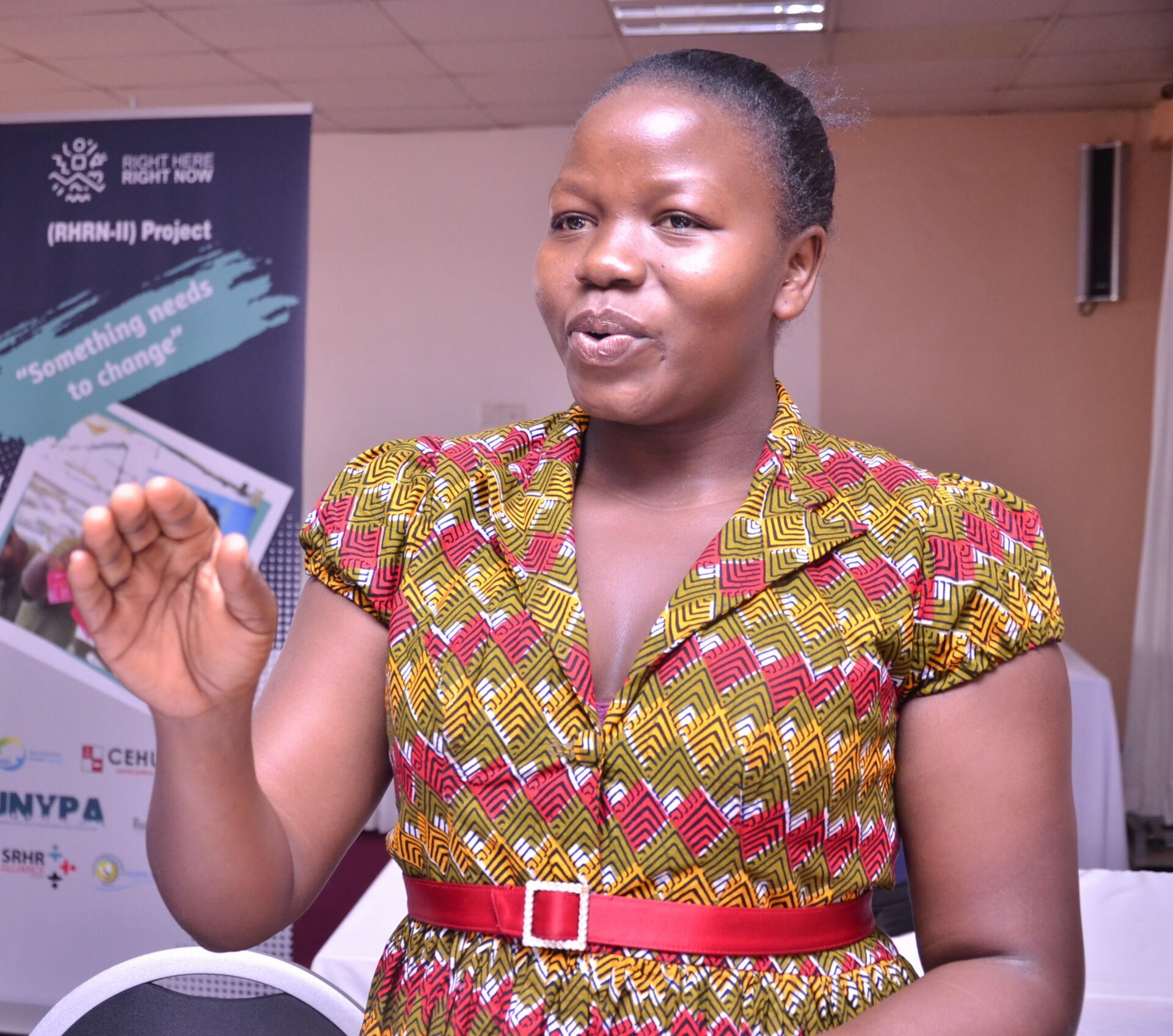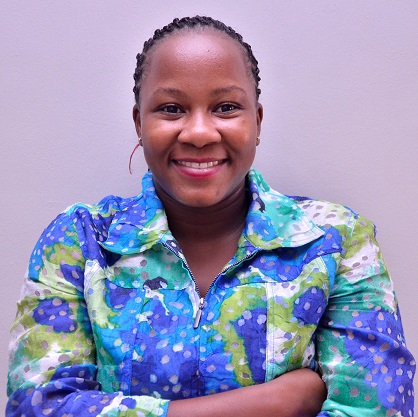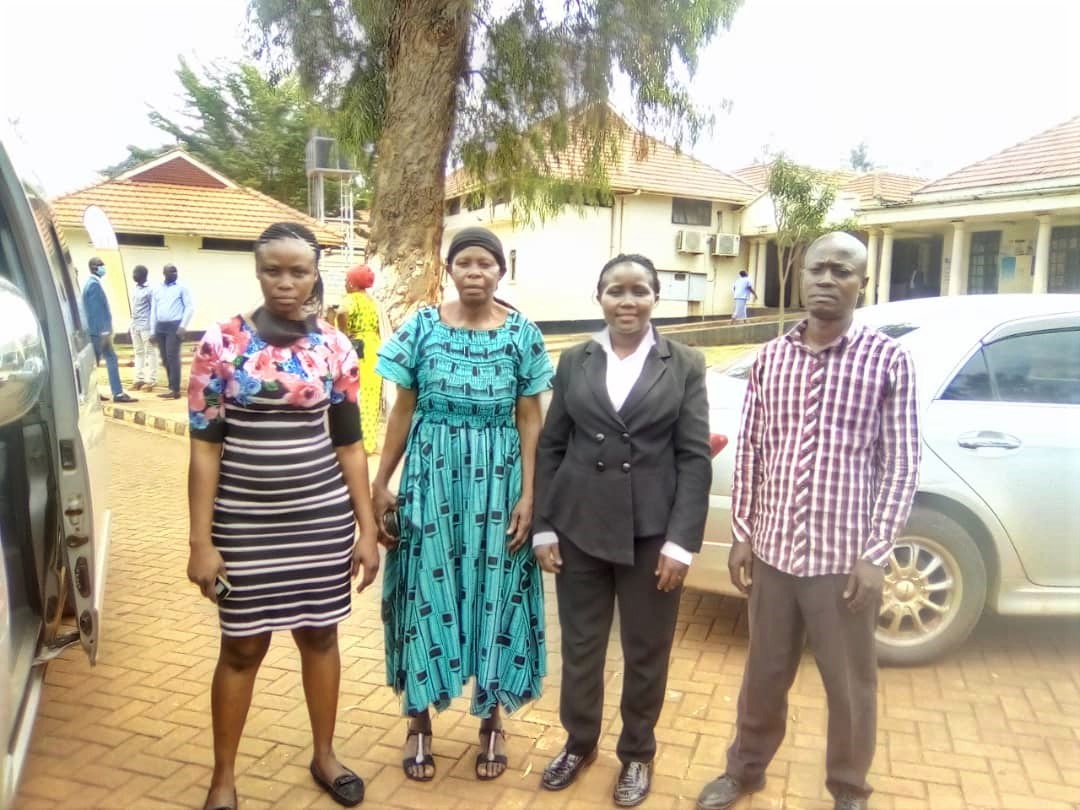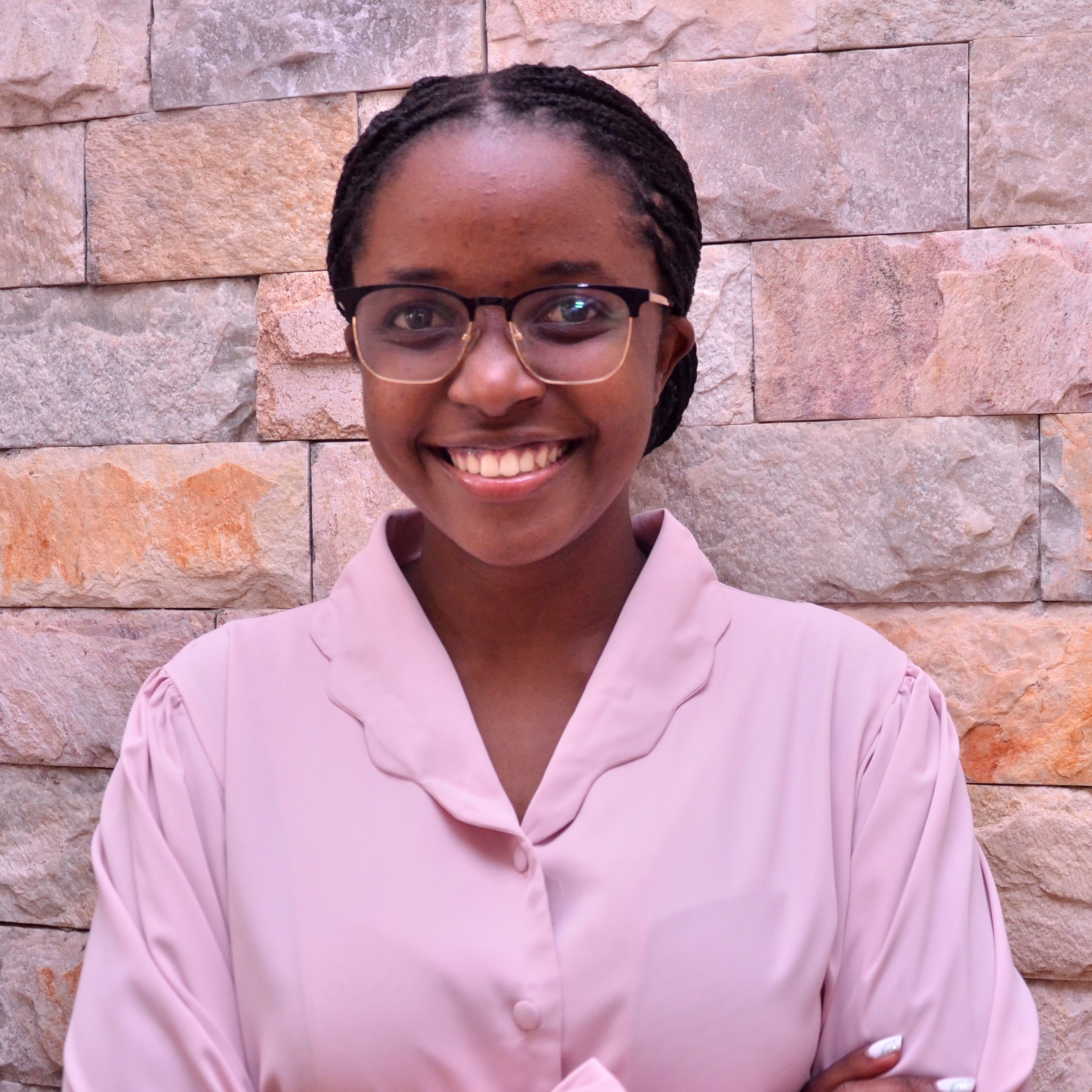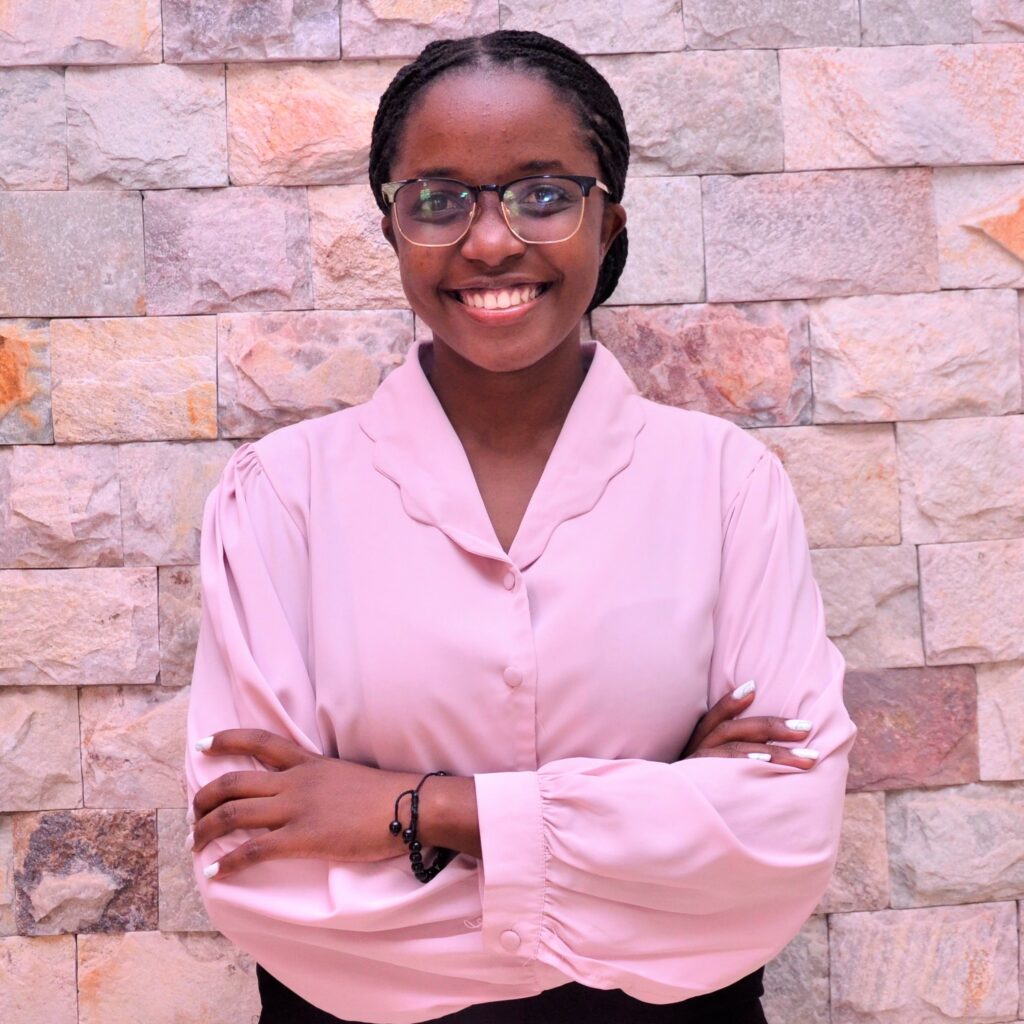By Peter Eceru – Programme Coordinator, Advocacy – CEHURD
Currently, the East African Legislative Assembly is undertaking regional consultations on the Sexual and Reproductive Health Bill, 2021 in the all-members states. The Bill is premised on Article 118 of the treaty for the establishment of the East African Community which provides for cooperation in health and promotes the management of health delivery systems and better planning mechanisms to enhance the efficiency of health care services. The East African Community treaty also seeks to harmonise national health policies and regulations in order to achieve quality health care in partner states. The treaty also looks at cooperation in the development of specialised health training, health research, reproductive health, pharmaceutical products and preventive medicines.
The Bill further seeks to strengthen the mechanism that facilitates attainment by the Community of the goal to ensure universal access to sexual and reproductive health care services by 2030. These services include family planning, information and education, and the integration of reproductive health into national strategies and programmes. This goal is enshrined in the EAC Integrated Reproductive Maternal, New-born Child and Adolescent Health Policy Guidelines 2016-2030, and the EAC Sexual and Reproductive Health Rights Strategic Plan.
The Bill recognises the obligation of Partner States under several international, continental and Community frameworks, to respect, protect and fulfil the right to health. They do this by facilitating, providing, and promoting the highest attainable standard of health and providing measures toward the full realisation of the right to health. Bill will strengthen the mechanism to facilitate the attainment of the Community goal of ensuring universal access to sexual and reproductive health care services, including family planning, information and education.
The Reproductive, Maternal, Newborn, Child and Adolescent Health indicators in the East African Community member states are worse than the average in the rest of Africa. High maternal and mortality rates for children under five, high unmet need for contraceptives and adolescent fertility rates demonstrate a need for collective action across the community to respond to the sexual and reproductive health challenges. In 2020, 39,000 children in East Africa were born with HIV infections that could have been easily prevented. During the same period, 62,000 mothers died from childbirth complications that could have been easily addressed. Two hundred million girls and women are estimated to have undergone genital mutilation. Additionally, cervical cancer remains a leading cause of cancer-related deaths in African women, where the estimated rate of deaths is 94 women per 100,000. Currently, 19 million women in East Africa cannot access modern contraception and a further 2.5 million are at risk of death due to complications from unsafe abortions. The Covid-19 pandemic led to a very big increase in violence against women and girls all over the East African Community putting the future of millions of women and children in jeopardy.
Indicators across the different countries in the region vary in terms of severity. For example, South Sudan has the highest maternal mortality rate within the Community with 1,150 deaths per 100,000 women who give birth, while Rwanda has the lowest at 248 deaths per 100,000 women giving birth. These variations demonstrate the need for collaborative health systems planning and how this would benefit the region in dealing with high mortality rates within the East African Community Member states. Various countries have over time developed best practices that can be shared across the Community. In Uganda, a weekly maternal death surveillance enables the ministry to follow up on maternal deaths and investigate the causes. This enables timely response.
To strengthen regional Health Information Management Systems, it is critical to have a regional framework to guide this. The collection of data on for example contraceptive use, sexual and reproductive health and the wider reproductive, adolescent maternal newborn remains uncoordinated across the Community. In Uganda, this information is collected through the Uganda Demographic Health Survey and the Health Information Management Systems. In the case of partner states, different information is collected among partner states and this information is collected along different time periods. This makes it difficult to utilise the information for the purpose of regional planning and collective decision-making. Sound and reliable data is the foundation for decision-making across all health system building blocks and is essential for health system policy formulation and implementation, governance and regulation, health research, human resource development, service delivery and financing.
The consultations on this Bill are therefore a very important process in strengthening regional integration and specific emphasis on the promotion of sexual and reproductive health in the EAC partner states.
A version of this article was first published in the Daily Monitor Newspaper on 6th July 2022.


